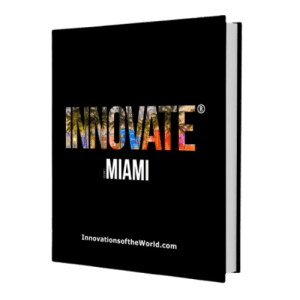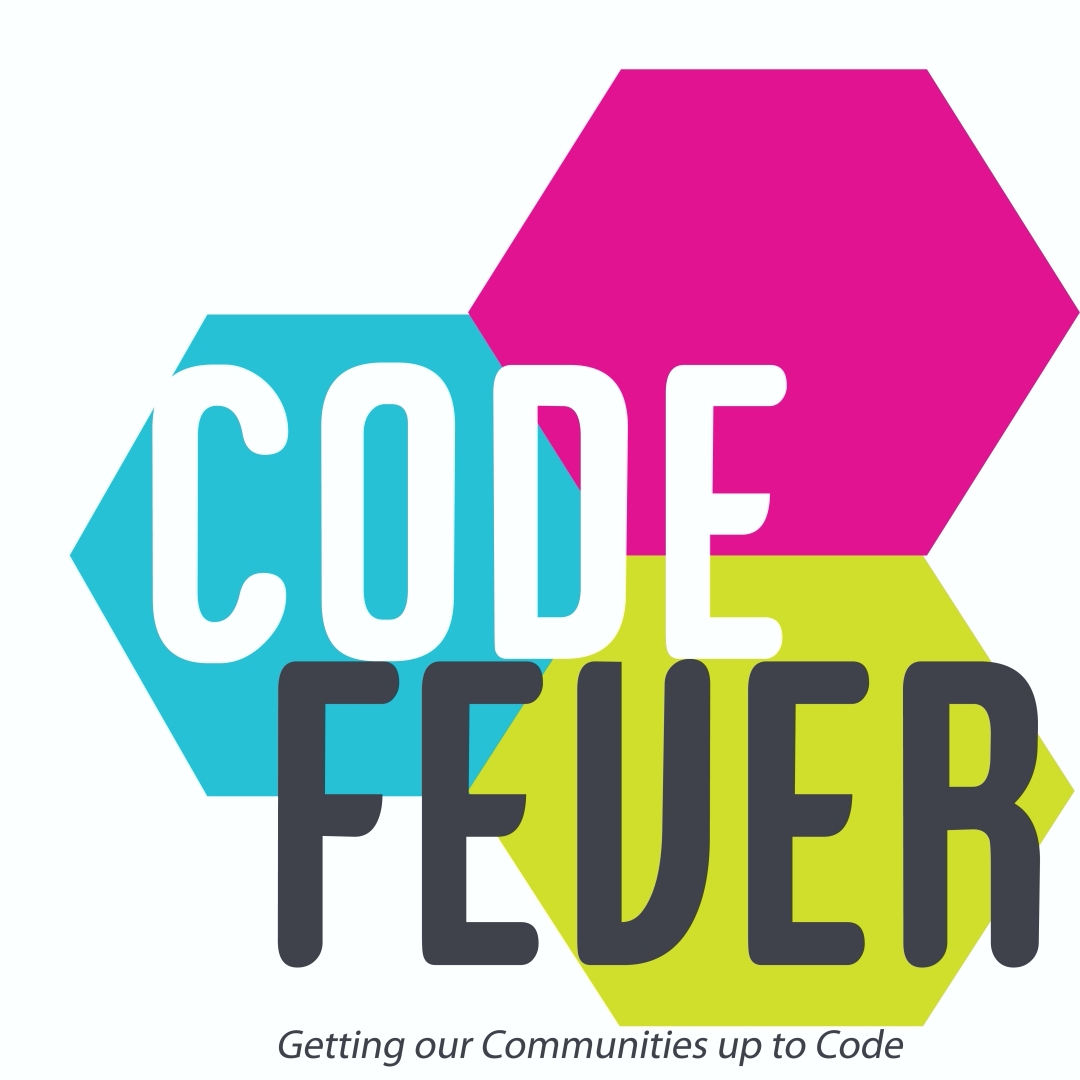The huge influences of the Caribbean, of South America, and Central America that we have here in Miami makes the entrepreneurial ecosystem unique across the States and arguably across the globe. So many people start a business out of necessity, which forces them to be really creative with limited resources—again, purely out of necessity.
That kind of hustle is very much a part of Miami’s fabric. For me, innovation is a new way of doing something, a way of creating something that leads to transformation. And the fight that I fight every day is expanding the idea of who innovation is for. Who gets to be an innovator? Who gets the luxury to be able to innovate? It’s time to shift our narrative of what innovation, from a cultural standpoint, means to us.
I give this example a lot: everyone knows what Uber is. We know the utility of it, how strangers can pile into a vehicle and pay less money for a ride from A to B. We know that it solves a transportation problem. We look at that as innovation—no one questions that what Uber has done is innovative—but what we don’t look at are the Jitney taxis in Miami or the Juda taxi in Jamaica or the Tap-tap in Haiti.
This kind of ride-sharing has existed for generations in these communities. We can’t just be dismissive of innovation in one area and praise it in another area based on skin tone or our perceptions of what innovations “should” look like. If we peel back the layers, we’ll see that a lot of highly sophisticated, technological advances actually started in black and brown communities.
As we shift our understanding of what innovation can look like, we start seeing those communities as innovators, too. So how do you build an intentional, inclusive innovation hub in Miami? Create as many opportunities and pipelines as possible for people, especially young people, to be very curious. Create spaces that have a high tolerance for failure and risk. Invest dollars in areas that allow our young people to tinker, to break things, to put things back together.
When you are around young people, be an open book to them. Answer their questions. Pick up their phone calls. Don’t give them your phone number unless you plan to pick up their phone calls. It takes so much courage for them to make those.
For young people, my advice to them is to stay curious. I always find it really weird that we expect recent high-school graduates to know what they want to do with the rest of their lives. That question is so daunting: What are you going to be? I work with so many young people who just don’t know, and they’re afraid to say that they don’t know because it makes them seem like they’re not ready to try something.
But I want them to make as many mistakes as possible—not in anything illegal, of course—but to make as many mistakes as possible because that’s the only way that they’ll start discovering what’s possible, and the only way they’ll start asking the right questions of the people who are around them.
















